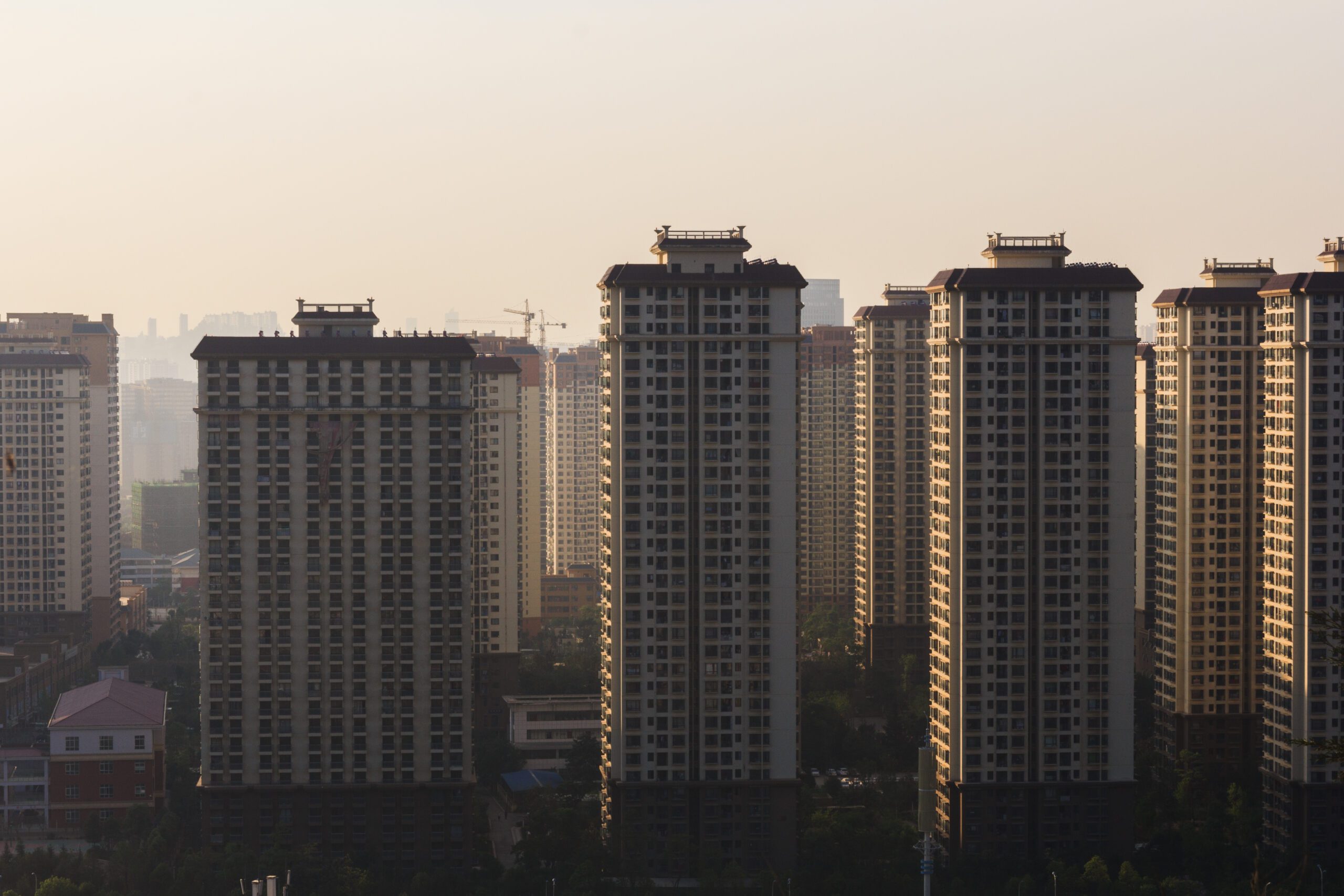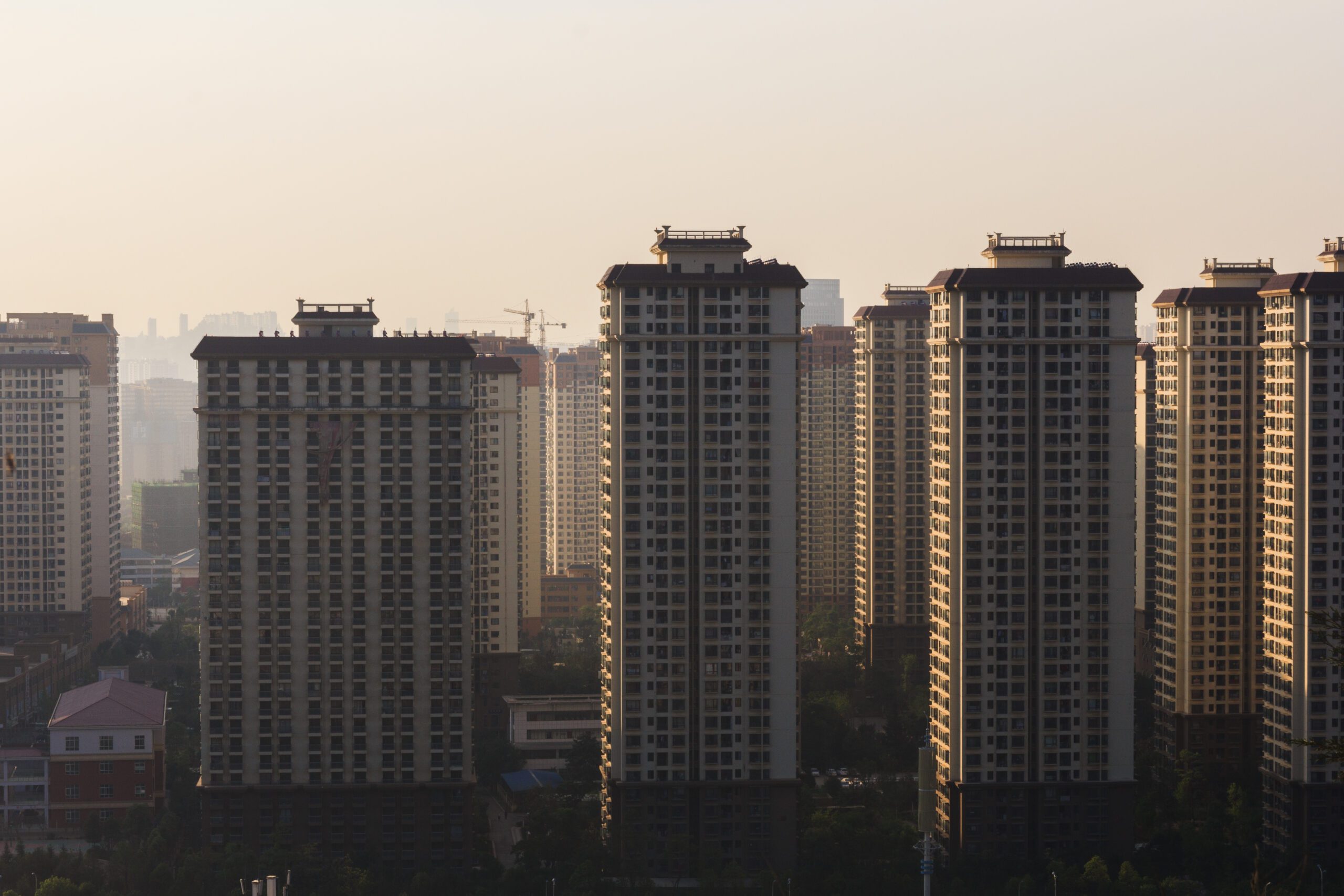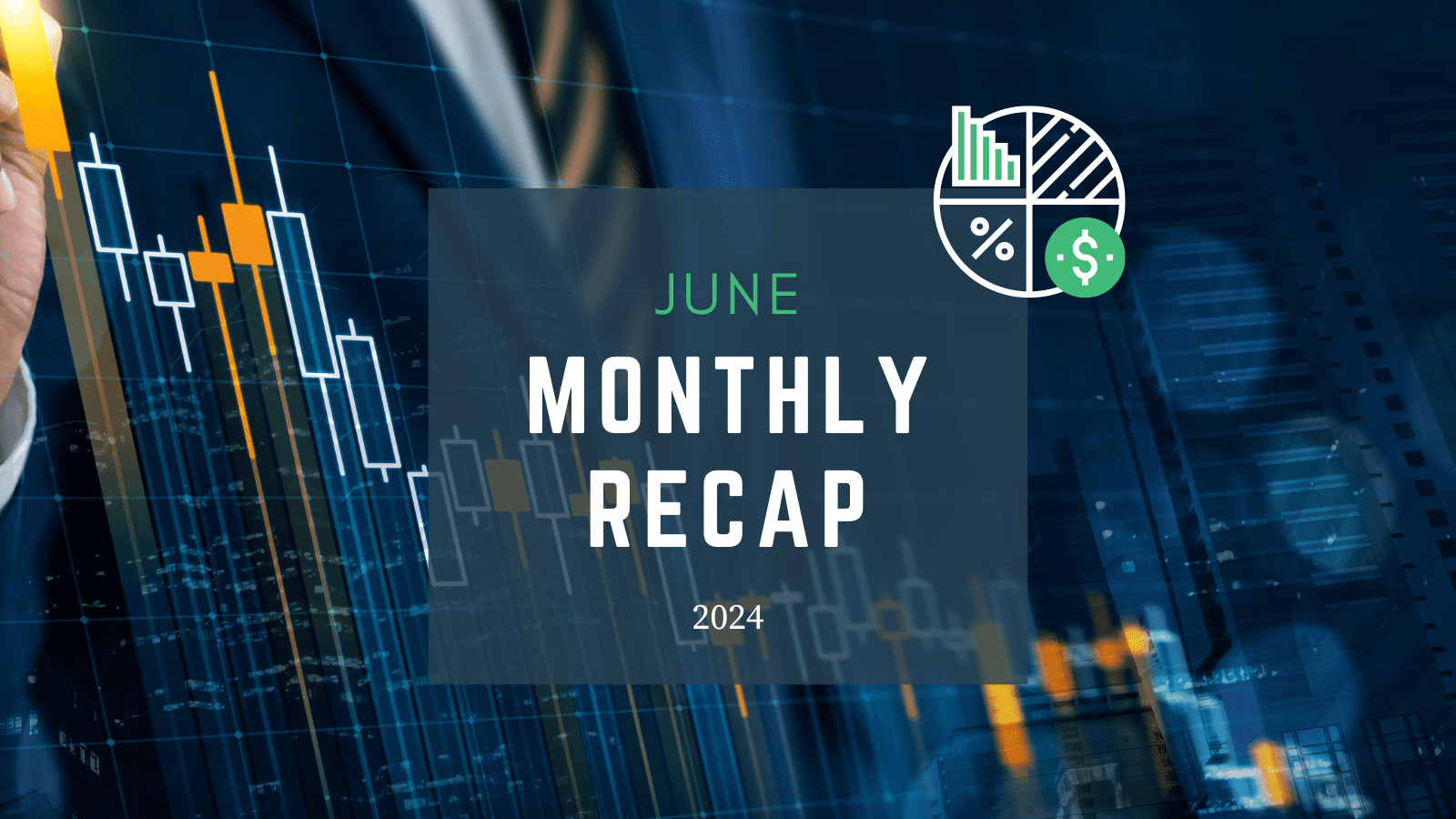
By Grant Edmunds, CFP® – Advisor
By now, most investors have heard of China’s second-largest real estate firm, Evergrande Group, and the potential default that looms over China’s vital real estate sector. For decades many have brushed aside frequent predictions of economic calamity within China, as the country has managed to “tap-dance through laser beams” and avoid any sort of significant downturn. Evergrande presents a new economic threat, seeing as it’s the world’s most indebted real estate firm (over $300 billion in debt) and is scheduled to default unless the Chinese government steps in to save the day. Is this time different? Is this China’s “Lehman moment?” If so, what will be the knock-on effects to investor portfolios if this doomsday scenario plays out?
China’s Real Estate Boom
After opening to international trade in the 1980s, China molded into an economic force by becoming the manufacturing powerhouse for the rest of the world. By liberalizing its communist economic policies, China was open for business, fueling economic growth at an unprecedented pace. Since 1978, China’s gross domestic product (GDP) has increased an average of 10% per year, lifting more than 800 million citizens out of poverty.
One of the hallmarks of this economic boom is the integral role that real estate has played. The country found itself with hundreds of millions of newly minted middle-class citizens seeking to upgrade their living situations, spend more and invest more. After the subsequent meteoric rise in real estate and home price appreciation, the door opened for rampant speculation from investors seeking to capture the startling growth that the real estate sector had achieved. Many Chinese investors began to see this as a safe and stable investment and owning real estate became a symbol of society’s middle- and upper-class status. This led many families to purchase second and third homes, often years before construction was completed.
These new investments triggered one of the largest real estate bubbles the world has seen. China employed an “if you build it, they will come” strategy by aggressively investing in infrastructure projects to try and meet the demand. However, this strategy often outpaced demand, leaving a myriad of unoccupied buildings in the wake of speculative construction. These debt-fueled vacant structures gained international notoriety as “ghost cities” and left many wondering if the aggressive and expansive construction would lead to actual occupants. In many ways, Evergrande has become a miniature illustration of the broader strategy that China has implemented – to utilize more debt for construction as housing will always be worth the cost of entry.
China’s Real Estate Reliance
Herein lies a critical issue for China: Chinese real estate now makes up a significant portion of Chinese household net worth and GDP growth. At the height of the United States housing boom in the mid-2000s, $900 million was being invested in residential real estate annually. In the 12 months ending June of 2020, $1.4 trillion was invested in Chinese housing alone. According to Goldman Sachs, the total value of the Chinese housing market hit $52 trillion in 2019, and an estimated 65 million homes remain unoccupied, accounting for 20% of the total supply.
Will the Chinese Communist Party Save the Day?
On the surface, it appears that a collapse of the Chinese real estate market, and the potential domino effect it may have, could be substantial. If so, why wouldn’t an omnipotent Communist Chinese regime come in and save the day? In the past, they have been willing to step in and ease financial meltdowns to ensure that contagion does not spread. Many analysts have pointed out that they fully expect China to prop up markets and not allow these defaults to snowball into something worse.
While the Communist Party may find a way out of the current predicament, it’s important to note the recent change in tone from Chinese President Xi Jinping. After decades of opening China’s economy to the outside world, President Xi has been actively reining in capitalism. He feels it has run amok, turning into an active threat against the Communist Party. This aligns with recent moves from President Xi to actively combat free-market enterprise at home and implement more state-enforced actions against companies. According to The Wall Street Journal, President Xi has tallied more than 100 regulatory actions against companies since late last year, including steps to break the market dominance of Alibaba, Tencent and Didi Global. The Communist Party of late seems less interested in propping up markets and more interested in restructuring the current course of their economy.
The aggressive moves from the Communist Party also coincide with one of the most significant population declines in world history – something that certainly does not pair well with an over-heated housing market. Currently, China is dealing with the aftermath of the one-child policy, as the aging population is expected to struggle to maintain its current growth trajectory. Frankly, there are not enough people to fill these empty homes and the Chinese government understands they are behind the ball on the numbers game.
Is this China’s “Lehman Moment”?
The truth is the situation remains difficult to predict. While many of the ingredients may be similar to the 2008 U.S. housing crisis, the way in which China’s ruling political party reacts may make all the difference. There are dozens of other real estate firms like Evergrande within China. This is the tip of the iceberg for the Chinese real estate sector that has led to the growth of one of the fastest emerging economies in the world. The Chinese real estate market has a debt problem, a demographic problem, a growth problem and a government that is actively doing its best to tame housing prices and redistribute wealth. Earlier this year, SEC Chair Gary Gensler sounded the alarm on the risks of Chinese investments. The ripple effect could be and begs to question if President Xi is using this opportunity to front-run an inevitable decline and do his best to land the plane as safely as possible. One strategy in this situation might be to ensure the country is not flying too high in the first place. Many of the defaults the country is experiencing are due in some part to actual government policy designed to impose more stringent credit limits.
What Should I Do?
Our team is carefully monitoring these dynamics for our clients, and our investment department is in close contact with the managers that have exposure to the region. We encourage investors to examine their exposure to Chinese assets and review their conviction level, given the potential risk. Several indices carry significant weighting to Chinese assets, for example, the MSCI Emerging Markets Index carries a >30% weighting to Chinese equities. However, many active managers are extremely selective about building their China exposure, with some choosing an underweighting and others focused on sectors less affected by regulatory changes, such as consumer names. China has managed to sustain its incredible growth for decades and the world will be watching intently to find out if this time really is different.
Grant currently serves as a financial advisor and investment strategist for Moneta’s Compardo, Wienstroer, Conrad & Janes team. He specializes in offering comprehensive financial advice to individuals, families, and business owners. Grant has a passion for developing personalized strategies and brings deep investment knowledge to the firm.
Grant attended Kansas State University, receiving a bachelor’s degree in finance with an emphasis in financial services.
© 2021 Moneta Group Investment Advisors, LLC. All rights reserved. These materials were prepared for informational purposes only based on materials deemed reliable, but the accuracy of which has not been verified; trademarks and copyrights of materials linked herein are the property of their respective owners. This is not an offer to sell or buy securities, nor does it represent any specific recommendation. You should consult with an appropriately credentialed professional before making any financial, investment, tax or legal decision. Past performance is not indicative of future returns. These materials do not take into consideration your personal circumstances, financial or otherwise.



